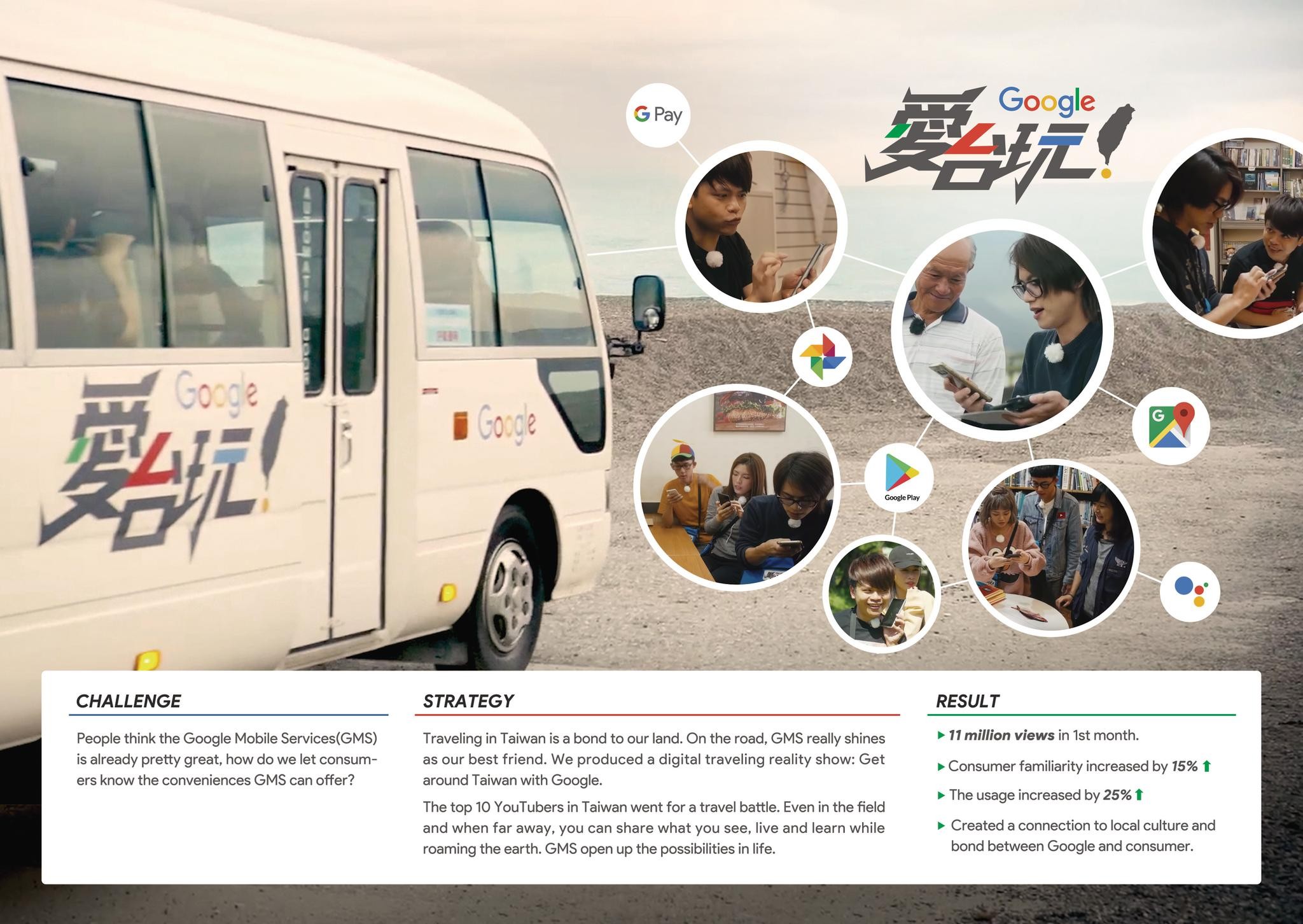Spikes Asia
Project Skate
GOOGLE BRAND STUDIO APAC, Pyrmont / GOOGLE / 2023
Awards:

Overview
Entries
Credits
Overview
Background
It is estimated that there are 85 million skateboarders worldwide, the representation however is disproportionate in gender with 77.1% male and 23.9% female skaters respectively. One of the root causes for the skewed participation is the misconception that ‘girls are not good enough’ for extreme sports such as skateboarding. Traditionally, these misconceptions have been a significant hurdle in achieving more equal participation and representation in the world of sports. Especially in disciplines such as skateboarding where judging criteria such as ‘style’ often leave critical points up to interpretation, both in the minds of peers, laypeople and judges, as well as in competition and across the over 5000 skate parks globally.
Idea
We cannot change what we can’t measure. This is why Project Skate aims to provide skateboarders of all proficiency levels with a tool that allows them to prove their ability objectively - regardless of gender, nationality, age or other factors that might make them susceptible to biases. By giving everyone access to a tool that proves and improves their skills, it promotes more equal participation and boosts representation in skateboarding - and possibly other sports. This gives us the opportunity to make sports more inclusive for everyone.
To test our tool and teach it some new tricks like trick detection itself, we asked Olympic medalist Sky Brown to be the first professional skateboarder to test out our prototype and to prove her awesomeness with the data that would not have been available before.
Strategy
Machine Learning can produce incredible insights, but often the stories around its value are prosaic and unrelatable. Project Skate is machine learning working in tandem with people to remove biases and improve a sport. It is based on Google’s open-source machine learning tools, combining human pose estimation, object detection and computer vision. Athletes of a particular age, gender, status, looks or even nationality might be judged beyond their performance. This tool creates metrics for evaluating the skill of a skater on aspects that are measurable.
Execution
Hard data is hard to argue with. Our tool tracks the coordinates of 33 positions on a skater's body, 30 times a second. With three cameras - and assuming a length of 5 seconds - a single trick contains over 14,000 data points. Powered by Google’s open-source machine learning tools (Tensorflow and Blazepose), Project Skate uses the power of data to measure athletes’ performances objectively. A simple setup of three cameras generates all data necessary to define an athlete’s position in 3D space at any given moment. Trained on hundreds of hours of skating footage, Project Skate uses these data points produced by a skater to measure their speed, height, rotation, grabs and the movement of the skateboard. Combining these metrics gives a definitive view of the trick performed and the attributes that comprise it. The playful and lovingly crafted UI provides real-time feedback inspired by skateboarding video games.
Outcome
The scalability into other, and mostly less complex sports, is the logical next step. We find ourselves in an advertising and media landscape where robots dance, machines paint and algorithms write poems. Project Skate looks to innovate on where we choose to innovate and how we use technology for what. We hope that Project Skate will become a role model on ethical, productive and truly beneficial use of technology that does what humans can’t - instead of replacing their subjectivity. Our launch film was presented at I/O and viewed 31.5 million times by 17.7 million people; 97% of all comments were positive.
Similar Campaigns
12 items





